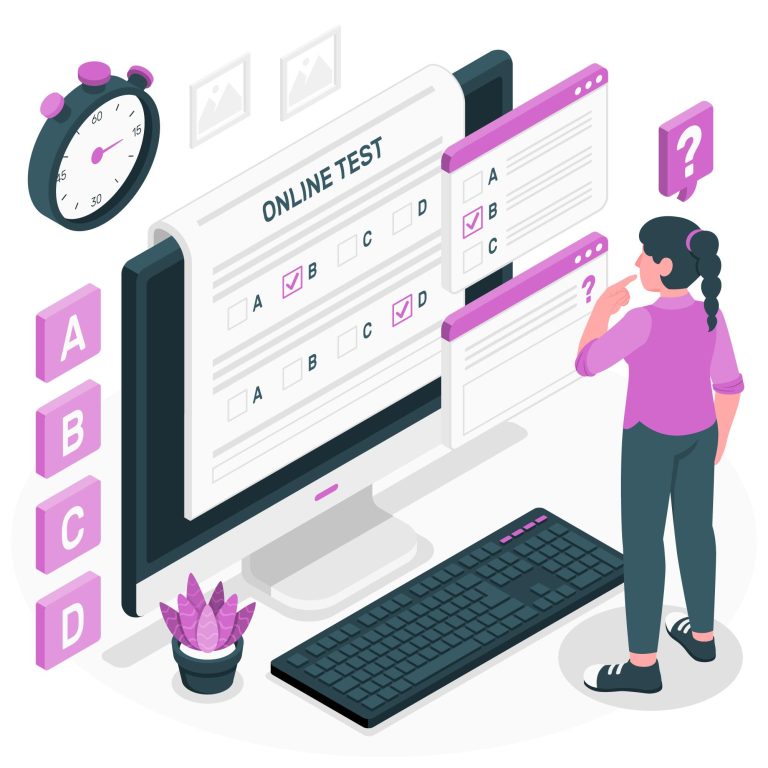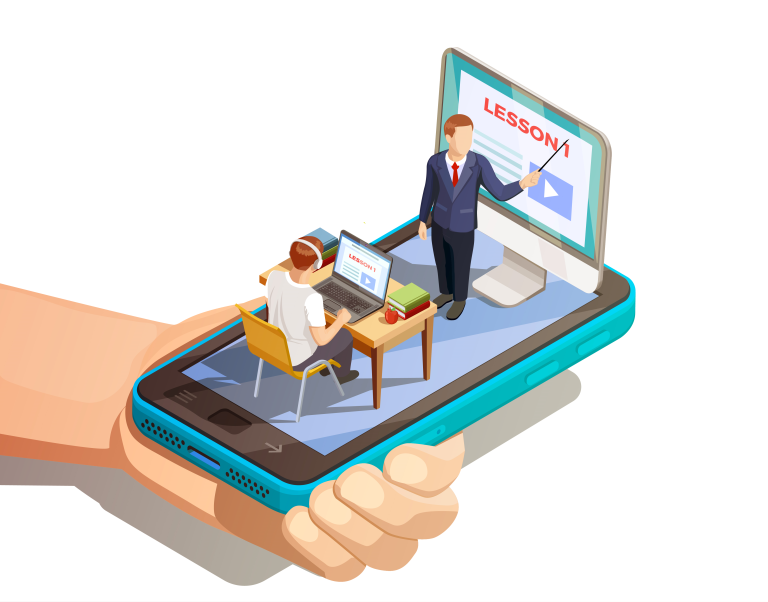The microteaching and the phone/in-person interview are important stages in the Teach for Nigeria fellowship recruitment process. It is the first direct contact you will have with the recruiters/assessors. You must put your best foot forward.
In this post, I will be sharing with you tips on how to ace your micro-teaching and phone/in-person interview.
Let me start by congratulating you on getting this far in the recruitment process. You have put in the work and I must commend you for it.
In case you know anyone still at the essay stage of the application, please do well to share this link with them.

Online Test
It is worthy of note that prior to the microteaching and phone/in-person interview stage, you would be required to write an online test if you aced your essay. You can read how to ace your essay stage here.
The online test is usually an aptitude test. This should contain verbal reasoning, numerical reasoning, situational judgment, logical reasoning, deductive reasoning etc.
Micro-teaching
According to Merriam Webster Dictionary, micro-teaching is the practice of teaching in which a student teacher’s teaching of a small class for a short time is videotaped for subsequent evaluation.
Similarly, the micro-teaching in the Teach for Nigeria recruitment process is the stage where you do a sample teaching and you are assessed, this might be physical or virtual. You would be duly informed by the recruitment team.
In this stage, you would most likely be given a chance to choose whatever subject you would like to teach on your assessment day.
How to prepare for the Micro-teaching
Choosing your micro-teaching subject and topic
For the purpose of the micro-teaching/sample teaching, pick the subject you have mastery of. I would also suggest that you choose a simple topic. Your assessors are people with knowledge of the subject you have chosen and they may ask you further questions on the topic you chose.
Preparing a Lesson plan/lesson note
To facilitate an effective lesson, every teacher should have a plan/lesson note. This provides the teacher and students with the necessary structure and direction. It also helps to meet students’ diverse learning needs.
Therefore, you should prepare a lesson note. Endeavour to add the basic elements of a lesson note, which are, the teacher’s name, subject, class, topic, and objective. Make sure the topic is appropriate for the class you choose.
I would advise you to keep the content of your lesson note short because you have limited time to present. The disadvantage of having a long note is that you would be rushing the content of your lesson so as to beat time.
Most importantly, prepare instructional media to support your lesson. If you have never taught before, please check google.com for a sample of lesson notes and instructional media.

Presentation
I need you to put in mind that in this 21st century, teaching and learning are no longer teacher-centred but learner-centred. Teachers no longer come to class to solely dish out the content of a subject, but the students are empowered to take ownership of what they learn by focusing on how the new knowledge solves a problem or adds value.
There is also a concept called Inquiry-Based Learning (IBL), which is an approach to learning that emphasizes the student’s role in the learning process. Rather than the teacher telling students what they need to know, students are encouraged to explore the material, ask questions, and share ideas.
I advise you to use the above approach when teaching.
When presenting, be confident, speak up, adhere to instructions, and ask questions when you don’t understand a thing. Be courteous and professional in your approach. If you encounter a technical issue, notify your assessors.
Communicate in simple and correct English. Speak up while presenting. make sure you contribute, but do not talk too much. Be mindful of the time.
Was this information helpful? Kindly drop a comment in the section below. I wish you the best in your application.
Also, feel free to follow & connect with me on LinkedIn, Instagram, Twitter & Facebook!
Click here if you would like to read about my experience in the fellowship.
The information in this link would guide you on the next stage of the recruitment process. I wish you the best in your application.
Disclaimer: Kindly note that the information supplied in this post is based on personal experience. It does not in any way reflect the thoughts of the recruiter.
Recent Posts
- Top 5 Christian Books for Children December 14, 2024
- How to Migrate to the UK as a Teacher March 16, 2023
- Celebrating my Mum, Mrs E.O Abiola at 60 August 4, 2022
- How to Use Canva Pro for Free July 5, 2022
- Teach for Nigeria Fellowship: The Final Evaluation May 9, 2022

This is very impactful and tactful.
Thank you @ Teach For Nigeria Fellowship
This information is very good guide, thank you sir.
This information is a very good guide, thank you sir.
Is a good guide.
Thank you, sir. The information is insightful.
Thanks for the information…i really appreciate
You’re welcome. I wish you the best.
This is a nice write up and it sure poses lot of merit to the applicants but i would like to know if you can help provide possible questions for the in-person interview
Please find that here https://olalekanabiola.com/teach-for-nigeria-fellowship-the-final-evaluation/
Good afternoon sir. I appreciate your write up. Pls I need a clarification? During the virtual micro teaching, am I expected to prepare a brief lesson note and again will I be expected to share it through zoom that day.
Such an insightful information.Thank you Sir!
Thank you for the information, it came at the right time.
Thanks for the information, I really appreciate.